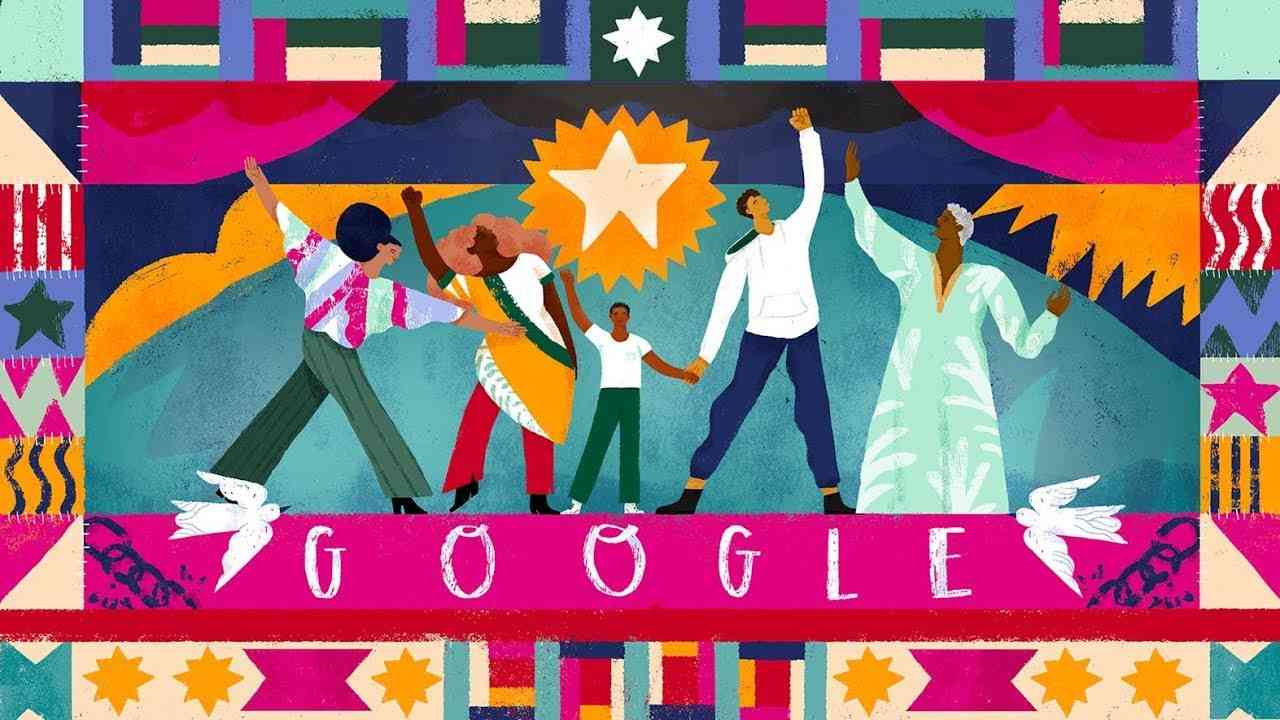Juneteenth 2021: Following George Floyd’s murder and the resurgence of the Black Lives Matter movement, more people recognized the holiday, celebrated it, and commemorated the day in new ways, with some corporate companies even getting into the mix and recognizing it as a paid holiday for employees.
After Congress passed a bill to make Juneteenth a national holiday, President Joe Biden signed that bill into law on Thursday and made it official, which means most federal employees will have the day off tomorrow.
What is Juneteenth?
Juneteenth, also known as Jubilee Day, Freedom Day, and Emancipation Day, is a holiday celebrating the emancipation of enslaved people in the United States. Though the Emancipation Proclamation was signed in 1863, it was not enforced in the South until the end of the Civil War in 1865.
In 2021, on the 156th anniversary marking the end of slavery in the U.S., Juneteenth was officially made a federal holiday called Juneteenth National Independence Day.
Although President Abraham Lincoln issued his Emancipation Proclamation on January 1, 1863 as the official end of slavery, it didn’t stop there. African descendants were still enslaved years after that, and it wasn’t until the December 1865 ratification of the 13th Amendment on June 19, when slavery was legally ended in all states.
Significance of Juneteenth?
On June 19, 1865, Major General Gordon Granger arrived in Galveston and announced the end of both the Civil War and slavery. Since then, Juneteenth has become a largely symbolic date representing freedom for African Americans.
As per CRS, Granger’s announcement read the following, “The people of Texas are informed that, in accordance with a proclamation from the Executive of the United States, all slaves are free. This involves an absolute equality of personal rights and rights of property, between former masters and slaves and the connection heretofore existing between them, becomes that between employer and hired labor. The Freedmen are advised to remain at their present homes and work for wages. They are informed that they will not be allowed to collect at military posts; and they will not be supported in idleness either there or elsewhere.”
In the state of Texas, the first Juneteenth celebration started from 1866, with community-centric events such as parades, cookouts, prayer gatherings, historical and cultural readings and musical performances. The day has evolved over the years, with people and communities developing their own traditions and customs. For instance, some communities purchased land for celebrating the day, such as Emancipation Park in Houston, Texas. Juneteenth was recognised as an official holiday in Texas on January 1, 1980.
How is Juneteenth Celebrated?
From BBQ Cookouts to supporting Black-owned businesses, Juneteenth can be celebrated in a number of ways.
Traditional foods eaten on Juneteenth include a variety of soul food dishes and desserts such as collard greens, black-eyed peas, red velvet cake and other classics.
The color red is often used in foods prepared for Juneteenth observances as a way to remember the blood that was shed by African-Americans during slavery.
Early Jubilee celebrations focused on sharing stories of enslaved generations and the celebration of Black children who represented newfound freedom. Observances also focus on how far we’ve come as a nation but also how far we have yet to go when it comes to racial equality. In modern-day observances, members of the Black community and their allies often take part in marches and parades to spread awareness and continue the fight for racial equality more than 150 years after the end of the Civil War.

















